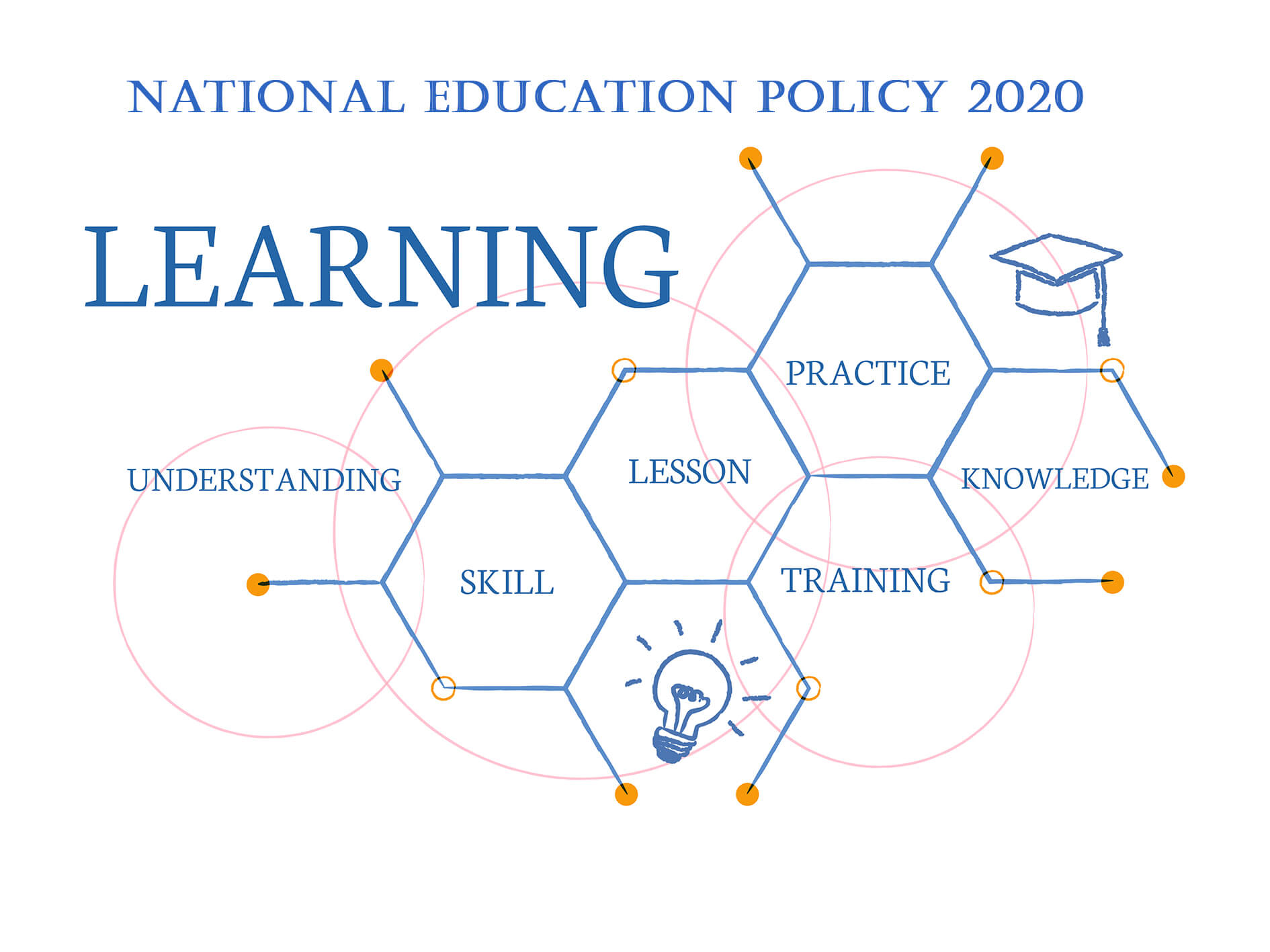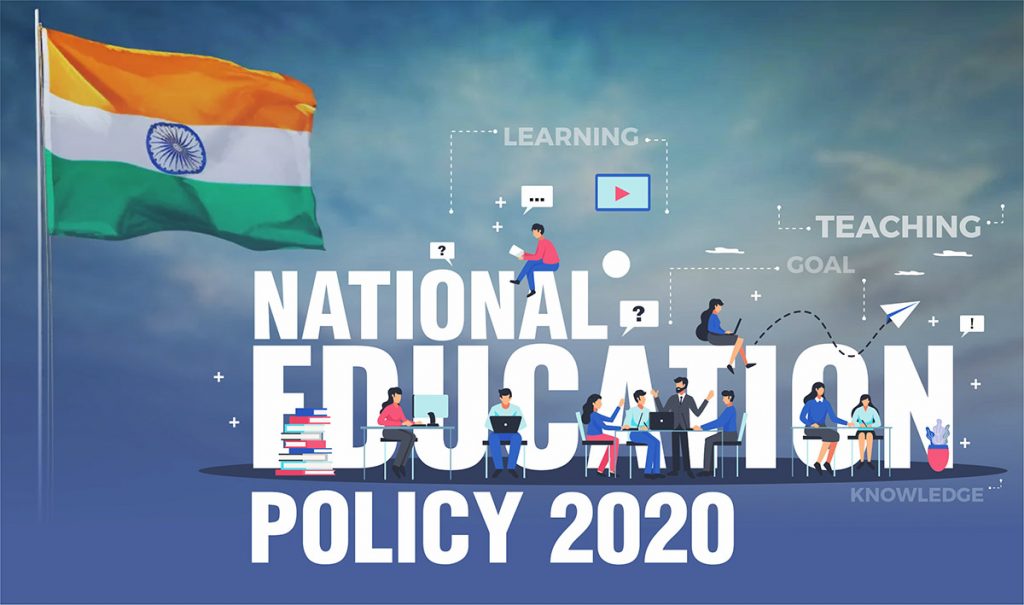The New Education Policy (NEP) 2020, released by the Government of India, aims to transform the Indian education system by introducing significant reforms and innovations. In this article, we will go into the key features and implications of the NEP 2020, exploring its potential impact on the future of Indian education.
Key Objectives and Features
The NEP 2020 is built around six key objectives: access, equity, quality, affordability, accountability, and employability. To achieve these objectives, the policy focuses on several key features, including:
* Foundational Learning: Emphasis is placed on discovering and recognizing learning gaps in foundational subjects like math, science, and language. This will help identify areas where students need additional support to overcome these gaps.
* Multidisciplinary Education: The policy encourages multidisciplinary education, combining different subjects like humanities, social sciences, and STEM to promote holistic learning and critical thinking.
* Digital Education: NEP 2020 aims to integrate technology into education, providing digital resources and online platforms to enhance student learning and teacher training.
* Vocational Education: The policy emphasizes the importance of vocational education, promoting career-oriented programs that cater to the needs of the job market.
Impact and Implementations

The NEP 2020 has far-reaching implications for the Indian education system, aiming to:
* Increase Access: Expand access to education for marginalized and underprivileged communities, ensuring equal opportunities for all students.
* Enhance Quality: Improve the quality of education by introducing new assessment methods, teacher training programs, and monitoring mechanisms.
* Foster Innovation: Encourage innovation in education by promoting collaborative research, international partnerships, and institutional autonomy.
* Enhance Employability: Prepare students for the jobs of the future by providing training in emerging technologies, entrepreneurship, and soft skills.
Challenges and Opportunities
While the NEP 2020 presents significant opportunities for Indian education, it also poses some challenges, including:
* Infrastructure Development: Implementation requires significant investments in infrastructure, including digital resources, learning materials, and teacher training.
* Teacher Training: Upgrading teacher training programs to cater to the demands of multidisciplinary education and vocational training.
* Steep Learning Curve: Students, teachers, and administrators will need to adapt to the new policy, requiring significant capacity-building efforts.
The New Education Policy 2020 has the potential to revolutionize Indian education, offering a more inclusive, diverse, and innovative system that prepares students for the demands of the 21st century. To achieve this, it is essential to address the challenges and opportunities presented by the policy, ensuring a smoother transition and long-term sustainability.


